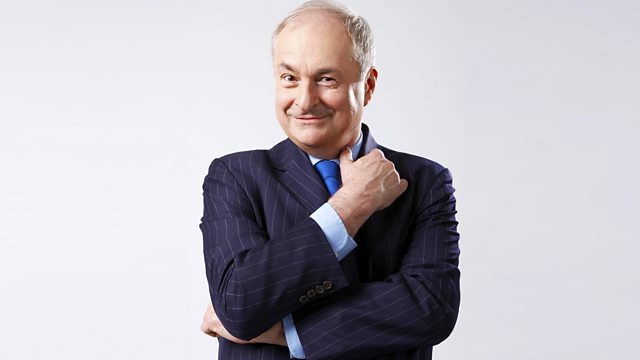
Bridge on the River Kwai
David Lean’s classic, with the irritating theme tune - the Colonel Bogey March, that drove the audience crazy on Oscar night - played over 7 times to a no doubt jealous audience!
It’s 1957 and the damage, mentally and physically, of the Second World War, is still being counted across the world, including Britain.
David Leans first epics size film, “Bridge on The River Kwai”, was released to a country victorious, but still suffering the aftershocks of war. Rationing had been lifted, but half the cinema audience may well have seen service, sometimes in conditions as brutal as the film portrayed.
The story is based on real events - the building of a railway line from Bangkok to Rangoon – under the command of the Japanese invaders. More than 100,000 soldiers and enslaved Asian labourers would die in the process.
Ostensibly portraying the POW’s internment and resistance to the Japanese - beaten, starved and humiliated, yet standing up to their Japanese oppressors - the films performs a more universal sleight of hand, portraying a British Army Captain lost in the rules and narrow ideals of what constituted ‘good form’ - Lieutenant Colonel Nicholson, played by a ram-rod straight Alec Guinness.
The screen play was written by two blacklisted writers – victims of the McCarthy Communist Witch Hunt of the 1950’s. Initially scripted by Carl Foreman and Michael Wilson - both of whom had to flee to the UK to escape their persecution in the USA - Pierre Boulle, who had written the original book, and who barely spoke any English, had to appear on Oscar night to pick up the Academy Award for Best Adapted Screenplay.
6 more Oscars guaranteed its place in film history, and that of David Lean, the film’s director, and Alex Guinness, who would take the coveted trophy for Best Actor, that night in 1958 in Hollywood.
Last on
More episodes
Previous
Next
You are at the last episode

